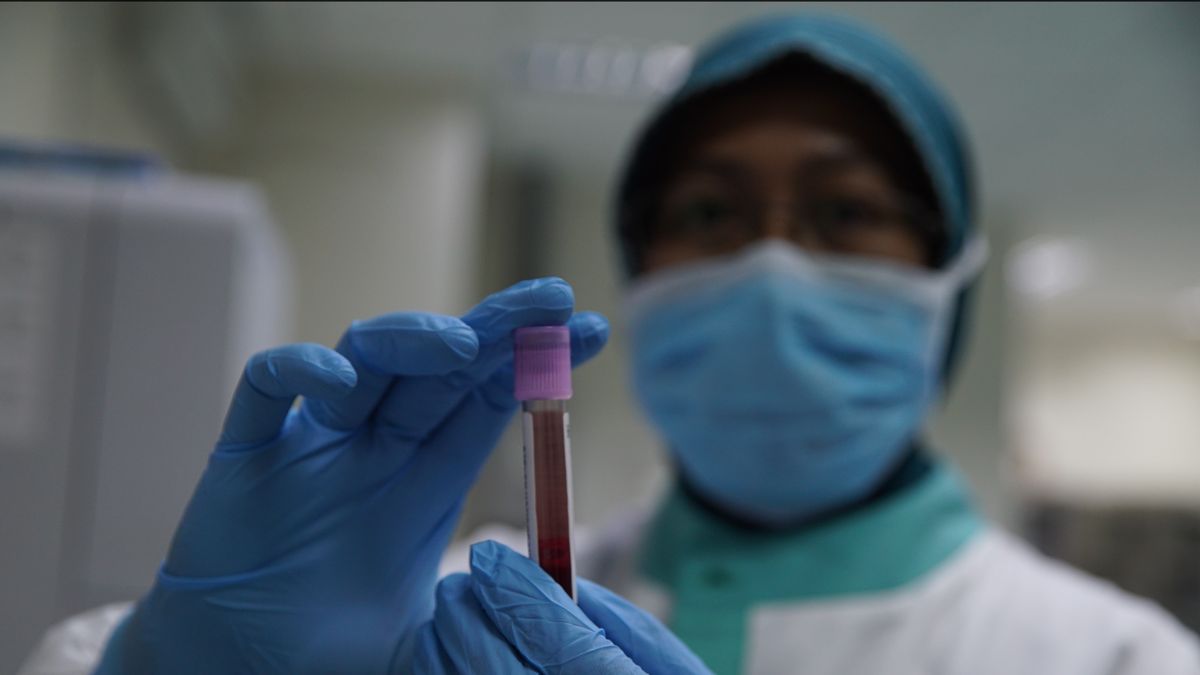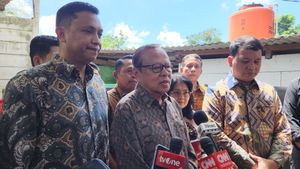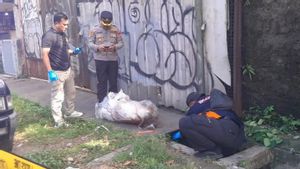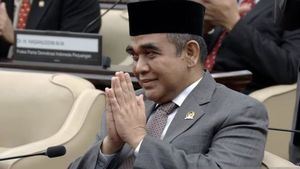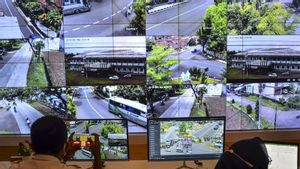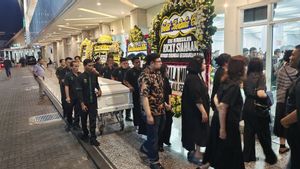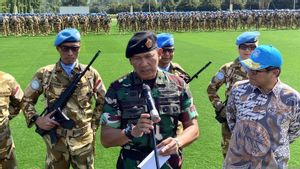JAKARTA - The task force to accelerate the handling of COVID-19 created a zone color category according to the risk of transmission in each district / city. The categories range from green, yellow, orange to red zones.
Wiku Adisasmito, Chair of the Expert Team for the Task Force for the Acceleration of Handling COVID-19, said that there are 99 green zones in Indonesia from 512 districts / cities or the equivalent of 19 percent.
"As of June 28 to date, there are 99 areas with green zones, 66 of which are municipal districts that are not affected and 33 have no new cases," said Wiku at Graha BNPB, East Jakarta, Friday, July 3.
More specifically, the green zone is divided into two types. First, zones with areas that do not have any COVID-19 cases. Second, a zone with areas that have had no new cases for the last 4 weeks and eventually all cases have been cured.
"In our opinion, this is an achievement, because previously they were from another zone. It could be the yellow zone, orange zone, and maybe also the red zone, and moving to the green zone," said Wiku.
Meanwhile, the yellow zone occupies the largest portion. Of the total 512 districts / cities, there are 175 areas that are in the low-risk zone for an increase in cases, or 35.99 percent. Then, the orange zone or areas with moderate risk in Indonesia, there are 177 districts / cities with a portion of 34.44 percent.
"It means that we are mostly in orange and yellow. Actually, we want to pursue all (regions, red) in the green zone," he said.
Then, there are 10.31 percent in the red zone category. Of the 512 districts / cities, there are 53 areas that have a high risk of an increase in COVID-19 cases.
Even so, Wiku said that until now the number of regions categorized as red zones has decreased. This is because the red zone has reached 108 areas, and there have been a number of shifting zones from red to orange or yellow in some areas. That means, the risk of increasing the case over time decreases.
"This shift occurs dynamically, depending on the discipline of the community and regional leaders collectively working to maintain and improve the situation. Don't be affected, don't get infected from other places," concluded Wiku.
The English, Chinese, Japanese, Arabic, and French versions are automatically generated by the AI. So there may still be inaccuracies in translating, please always see Indonesian as our main language. (system supported by DigitalSiber.id)
